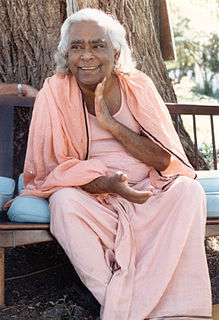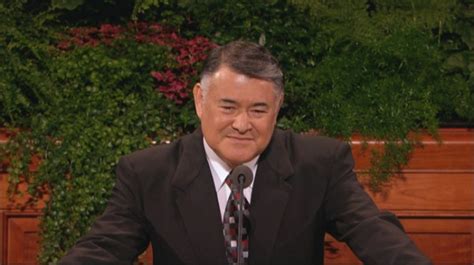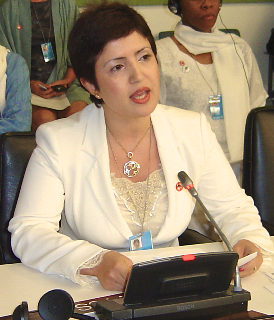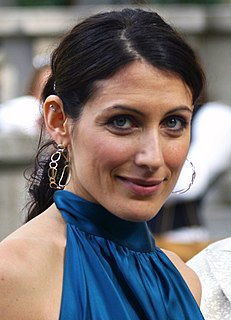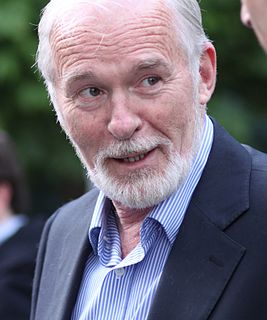A Quote by Gabrielle Bernstein
We're not really brought up in a culture where we believe we're meant to be happy, that peace is our birthright. It's not what we're taught; quite the opposite, actually. With all the expectations and the negative stories going on in the world, we have a lot to overcome.
Related Quotes
Only when we fix our gaze on the heavenly things do we begin to understand the eternities. Only with the help of Christ can we fully overcome tragedy. It is necessary to develop our faith in Him as the Redeemer of the world. He taught us: “In the world ye shall have tribulation: but be of good cheer; I have overcome the world.
I think that popular culture takes a long time to catch up to what's actually happening in the world. Women have had to take care of themselves for quite a while. Actually, not had to take of themselves, but have wanted to take care of themselves, so I think it's a big transition that our country and our society has been going through a long time.
The foreign audiences are somewhat surprised and happy to find an American film that asks questions about American culture. There's a certain kind of cultural imperialism that we practice. Our films penetrate every market in the world. I have seen and have had people reflect to me, maybe not in so many words or specifically, but I get the subtext of it - they're somewhat charmed and surprised and happy to see an American film reflect on our culture. Because they see other cultures reflect on our culture but they don't see US culture reflecting on itself in quite the same way.
We are living in uncertain times. In a world where peace seems to be in short supply, I feel like the world is desperate to see an example of "peace that passes understanding." When someone goes "all in" for God, committing their whole life to Him, peace is one of the gifts we are promised. Someone who is all in for God can take to heart that even though we will have trouble in this world, our lives are in the hands of the one who has overcome this world. When we've been filled with God's peace, only then can we turn around and become instruments of His peace to a hurting world.
My attitude to peace is rather based on the Burmese definition of peace - it really means removing all the negative factors that destroy peace in this world. So peace does not mean just putting an end to violence or to war, but to all other factors that threaten peace, such as discrimination, such as inequality, poverty.
We have to look at levels of migration. We are in a world that is quite chaotic. Some people are really frightened about it. Some people are quite despairing. They don't believe our country is capable of providing a good quality of life. That feeds into why people voted Ukip and induces a culture of despair.



